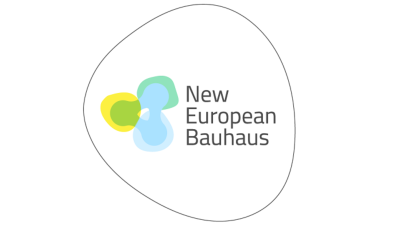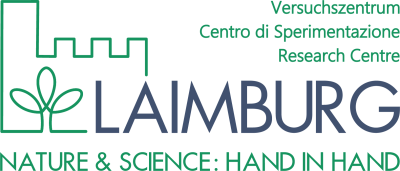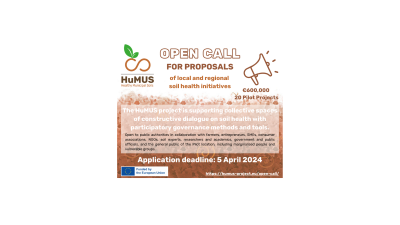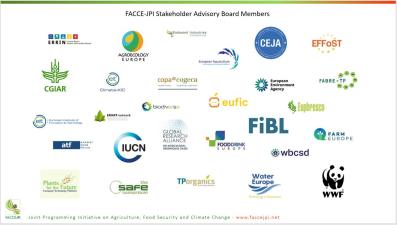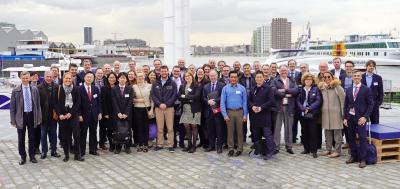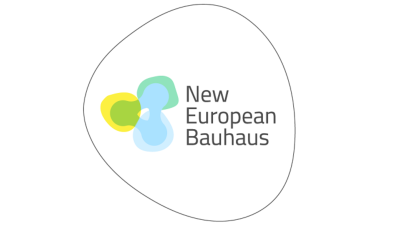
Our office represents the Autonomous Province of Bolzano and promotes the research and innovation system of the territory. The regional ecosystem includes the Free University of Bolzano - Bozen, Eurac research, Laimburg Research Centre for Agriculture and Forestry, Fraunhofer Italia Research, Institute of Innovative Technologies, Eco-research, Klimahaus Agency. The focal point of the ecosystem is the NOI Techpark (NOI - Nature of Innovation): An investment of over 100 million Euros in infrastructure which is now a hub for all R&I stakeholders giving them a place to work together, to inspire each other and to help to increase the competitiveness of individual actors as well as the entire region. The NOI Techpark is a strategic milestone for the multiannual and annual R&I planning with a focus on green technologies, alpine technologies, food, digital and automotive. A second technological park is planned to be open in Bressanone/Brixen, focusing on the automotive sector. South Tyrol is also a leading region in R&I on hydrogen: The Hydrogen Valley South Tyrol is one of 40 lighthouse projects that have been selected by the Mission Innovation as a particularly successful project.
Contact detail
-
Head of office
-
Contact person
-
Brussels Office Address
Rue De Pascale 45
1040 Brussels
Belgium

S3 Strategy
South Tyrol's S3 Strategy is shaped by the opportunities provided by its special geographical location and on the other hand on the peaks of excellence of the industrial sector in the area. The S3 has five sectors: - New technologies for mountain living and production activities: this is a cross-sectorial area. It comprehends new technologies and solutions for the agri-food, manufacturing, tourism and construction sectors as well as for safety, sustainable mobility, medical assistance and civil protection in mountain and ski areas. - Providing healthy and safe food (agri-food technologies): the goal is to minimize environmental impact and with enhanced ecosystem services, zero waste and adequate societal value while Strengthening the competitiveness and sustainability of supply chains - New technologies for energy production, storage and saving: the focus is on new solution for sustainable natural resource management, environmental monitoring systems, sustainable buildings, renewable energy production, forest conservation and wood-products industry. - Strengthening the local production system through ICTs - New technologies for the creative industries: in particular cloud computing, GIS applications, intelligent mobility systems, e-tourism, flexible manufacturing, healthcare, e-commerce. - Healthy living care services and products (Life Sciences): in particular health and well-being, health tourism, e-health, natural and organic products.
Strategic R&I Projects
LIFEalps
LIFEalps’ objective is the promotion of zero-emission mobility with a technology open approach: infrastructure for a holistic e-mobility will be installed and emission-free pilot fleet of various categories will be launched.
WEBSITE>SMART PROTEIN
SMART PROTEIN for a Changing World. Future-proof alternative terrestrial protein sources for human nutrition encouraging environment regeneration, processing feasibility and consumer trust and acceptance. The Smart Protein project seeks to develop the next generation of smart protein foods which are cost-effective, resource-efficient, and nutritious.
WEBSITE>Latest Updates
- By Francesca Pozzebon
Join the ERRIN New European Bauhaus Task Force: Call for a new leader
The New European Bauhaus Task Force is looking for a new leader to join the Autonomous Province of Bolzano/Bozen – South Tyrol, Helsinki EU Office, Scotland Europa and Friuli Venezia Giulia Autonomous Region in the leadership. Express your interest by 10 May 2024.
- By Anonymous
Laimburg Research Centre is looking for a coordinator for the 1st Agroecology Partnership call
Laimburg Research Centre is looking for a coordinator for the 1st Agroecology Partnership call. With a participative and multistakeholder approach, Laimburg Research Centre develops sustainable solutions for the local food supply chain, involving the main players in the sector.
- By Gianpiero Petruzziello
HuMUS open call for proposal - Participatory governance on soil health - Deadline Extended until 5 April
The HuMUS project has launched a cascade funding call aimed at supporting 20 pilot projects in fostering participatory governance methods to improve soil health at regional and local levels in Europe. The total budget for the HuMUS Call for Pilot proposals is €600.000, with a maximum subgrant of €30.000 (lump sum) per Pilot Project. The deadline for proposal submission has been extended until 05 April 2024.
- By Hilary Webb
Call for experts to support ERRIN’s role on the FACCE-JPI Stakeholder Advisory Board
ERRIN is part of the Stakeholder Advisory Board of the Joint Programming Initiative on Agriculture, Food Security and Climate Change (FACCE-JPI). We are currently looking to update our list of experts used in our participation on the board. Experts would be consulted on issues related to five core themes: Sustainable food security under climate change; sustainable intensification of agricultural systems; developing synergies and reducing trade-offs between food supply, biodiversity and ecosystem services; adaptation to climate change and mitigation of climate change.
- By Hilary Webb
South Tyrol joins Mission Innovation with Hydrogen Valley roll-out
A South Tyrol project has been selected as a flagship example, joining the Mission Innovation scheme to establish and support exemplary projects promoting hydrogen as a sustainable link between energy and mobility.
- By Francesca Pozzebon
Shaping the content NEB Facility: ERRIN NEB Task Force meeting
ERRIN members are invited to join the next NEB Task Force meeting, which will focus on the recently announced NEB Facility. The meeting will include the participation of the JRC, which will present the two components of the facility. It will allow members to provide direct feedback and inputs to support the shaping of the content and coherent planning of the Facility.

